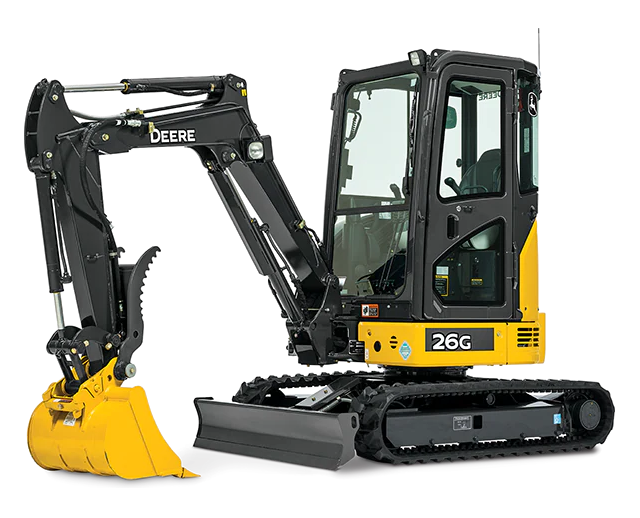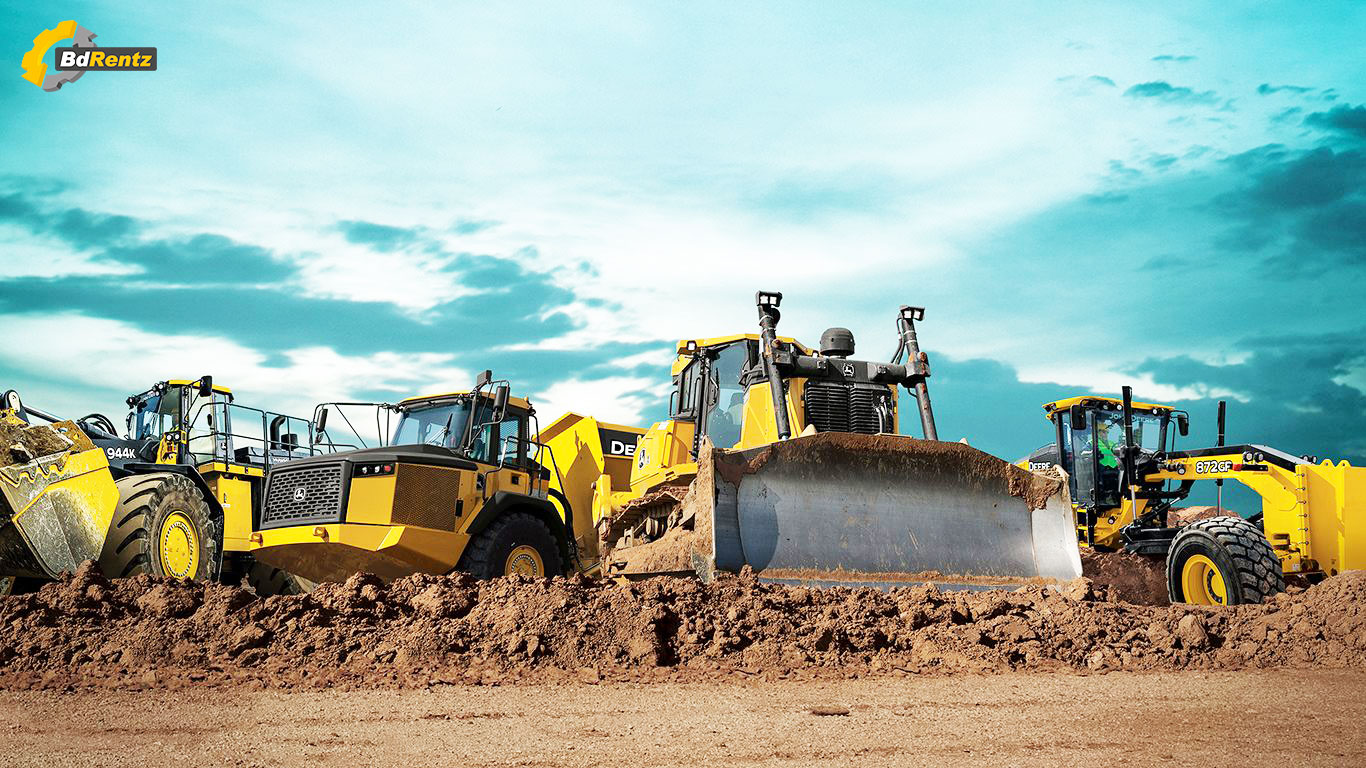Mini Excavator Rental: Compact Machines for Limited Spaces
Mini Excavator Rental: Compact Machines for Limited Spaces
Blog Article
Optimize Your Budget Plan by Understanding the Prices Linked With Building Equipment Services
Comprehending the complete scope of expenses linked with construction devices services is essential for optimizing your spending plan. What strategies can be utilized to properly manage these expenses and make sure an extra efficient rental experience?
Summary of Rental Expenses
When taking into consideration building and construction tools leasings, understanding the linked costs is extremely important for efficient budgeting and project preparation. Rental costs can differ considerably based upon several aspects, including devices kind, duration of service, and location. The preliminary rental cost typically mirrors the equipment's market demand and its linked operational abilities, affecting the overall cost.
Along with the base rental rate, supplementary prices may develop, such as transport fees, fuel additional charges, and upkeep charges. It is necessary to account for these extra costs to properly assess the overall expense of renting out equipment. Additionally, the rental duration can influence pricing; longer rentals might receive discounted rates, while short-term leasings may sustain greater daily charges.

Malfunction of Rental Prices
A detailed understanding of rental prices is vital for specialists and job managers aiming to maximize their spending plans. Rental prices for building equipment typically consist of numerous elements, including base rates, time-based costs, and use charges.
Base rates are the core charges related to the service of the devices, typically determined by the kind and dimension of the machinery. These prices can vary considerably, influenced by variables such as devices demand, schedule, and regional market fads. Time-based fees, which may be daily, weekly, or monthly, offer to accommodate various job timelines and rental durations.
In addition, rental rates might include use charges, which apply when tools is used past a specified limit, making sure that the rental company can account for deterioration. Seasonal need variations can likewise affect rental rates, with peak construction seasons typically regulating greater costs.
Moreover, comprehending the rental firm's policies pertaining to maintenance and insurance policy can provide additional understanding into the total cost structure. By assessing these parts, service providers can make informed decisions, ensuring the option of rental equipment lines up with both task needs and budget plan constraints.
Additional Charges to Think About
Recognizing the intricacies of additional fees is essential for specialists to handle their total service expenditures properly. Past the standard rental rates, various additional charges can considerably impact the total cost of equipment service. These costs often consist of distribution and pick-up fees, which can vary based on distance and logistics entailed in moving the tools to and from the work website.
Additionally, some rental business may enforce gas surcharges if the equipment is returned with less gas than when leased. It is likewise important to understand potential cleansing charges, particularly for specialized tools that needs extensive maintenance after usage.

Extensively examining the rental agreement and making clear these extra costs in advance can help service providers guarantee and stay clear of unanticipated prices that budget plans remain undamaged throughout the task lifecycle.
Repair And Maintenance Costs
Regular upkeep and repair costs are frequently forgotten elements that can dramatically influence the general cost of building tools rentals. When leasing tools, it is important to take into consideration not only the rental charges yet Going Here also the prospective prices related to keeping the equipment in optimum operating condition.
Numerous rental firms consist of basic maintenance as component of the rental arrangement; however, much more substantial repairs or unexpected malfunctions can cause added expenditures. It's vital to evaluate the rental contract very carefully to recognize what upkeep solutions are covered and what responsibilities fall on the renter.
Furthermore, equipment that is not well-kept can result in ineffectiveness on the work site, potentially raising and triggering hold-ups job expenses. To reduce these dangers, it is recommended to carry out routine evaluations and maintain open communication with the rental service provider concerning any concerns that emerge throughout usage.
Insurance Coverage and Obligation Costs
Insurance and responsibility prices are important elements that can considerably impact the total cost of building equipment services (equipment rental company). These prices make sure that both the rental business and the client are secured from possible economic losses developing from crashes, damages, or burglary throughout the rental period

In addition, clients must recognize any special info type of deductibles or exemptions in the insurance plan, as these can affect prospective out-of-pocket expenditures. Comprehending the heavy duty equipment rental terms of any insurance protection is vital to prevent unanticipated costs. Eventually, budgeting for insurance policy and liability costs can aid ensure a smoother rental experience and safeguard versus economic risks connected with building and construction tasks.
Final Thought
In verdict, a detailed understanding of the expenses connected with construction equipment services is crucial for reliable budget plan management. Ultimately, educated decision-making relating to equipment services adds to the overall success of construction undertakings.
Rental expenses can vary dramatically based on a number of elements, consisting of devices type, period of service, and location (heavy equipment rental). The rental duration can impact rates; longer leasings might qualify for affordable prices, while short-term leasings might sustain higher daily fees
By conducting detailed research study and involving with credible rental companies, service providers can efficiently browse the complexities of rental prices, ultimately maximizing their economic resources.
Past the common rental prices, numerous supplemental costs can considerably influence the total expense of devices service. Rental companies commonly provide obligation insurance policy that covers injuries to third celebrations or damages to residential or commercial property, while devices damages insurance can cover the cost of repair services or substitute if the rented out equipment is damaged.
Report this page